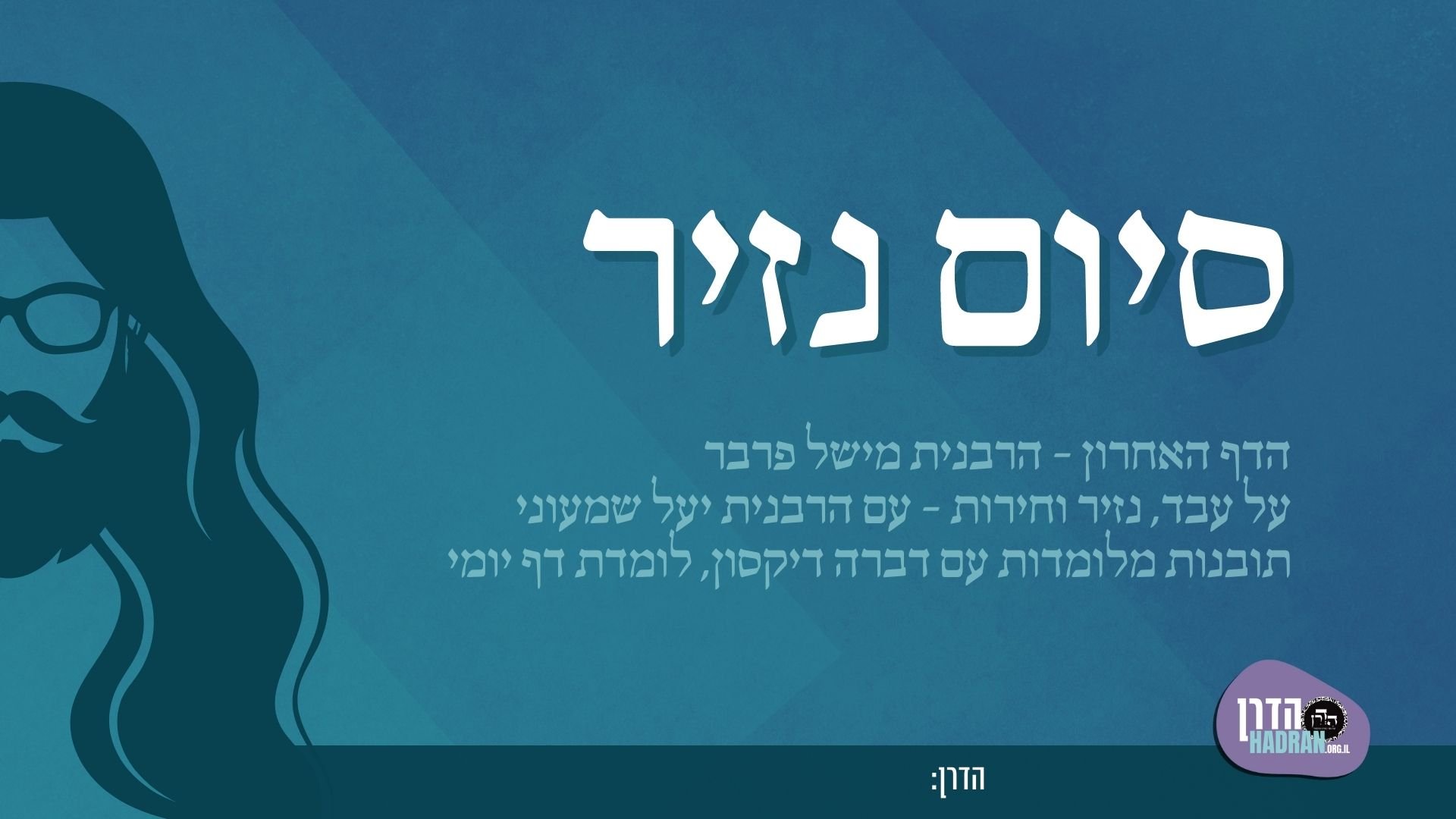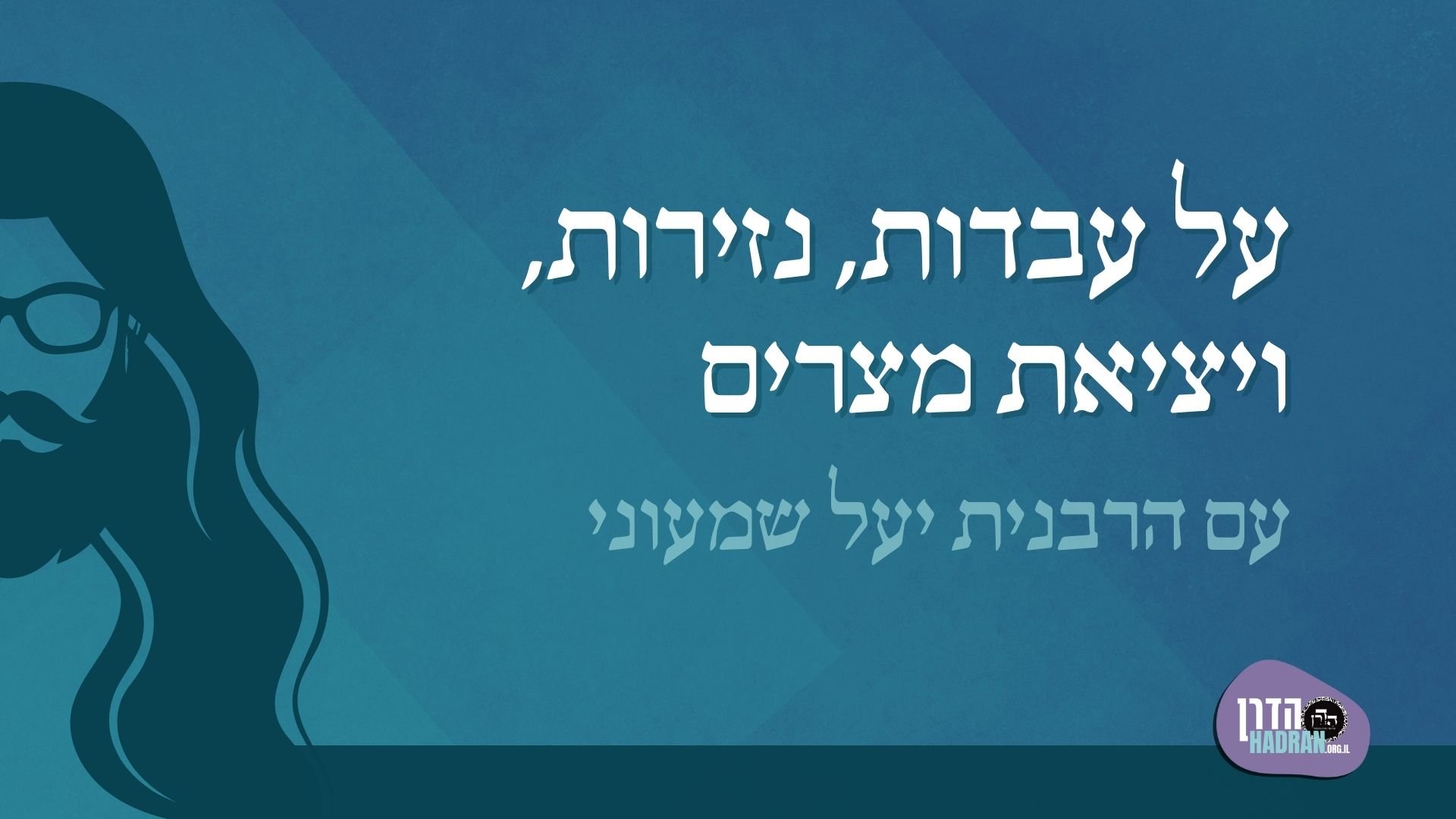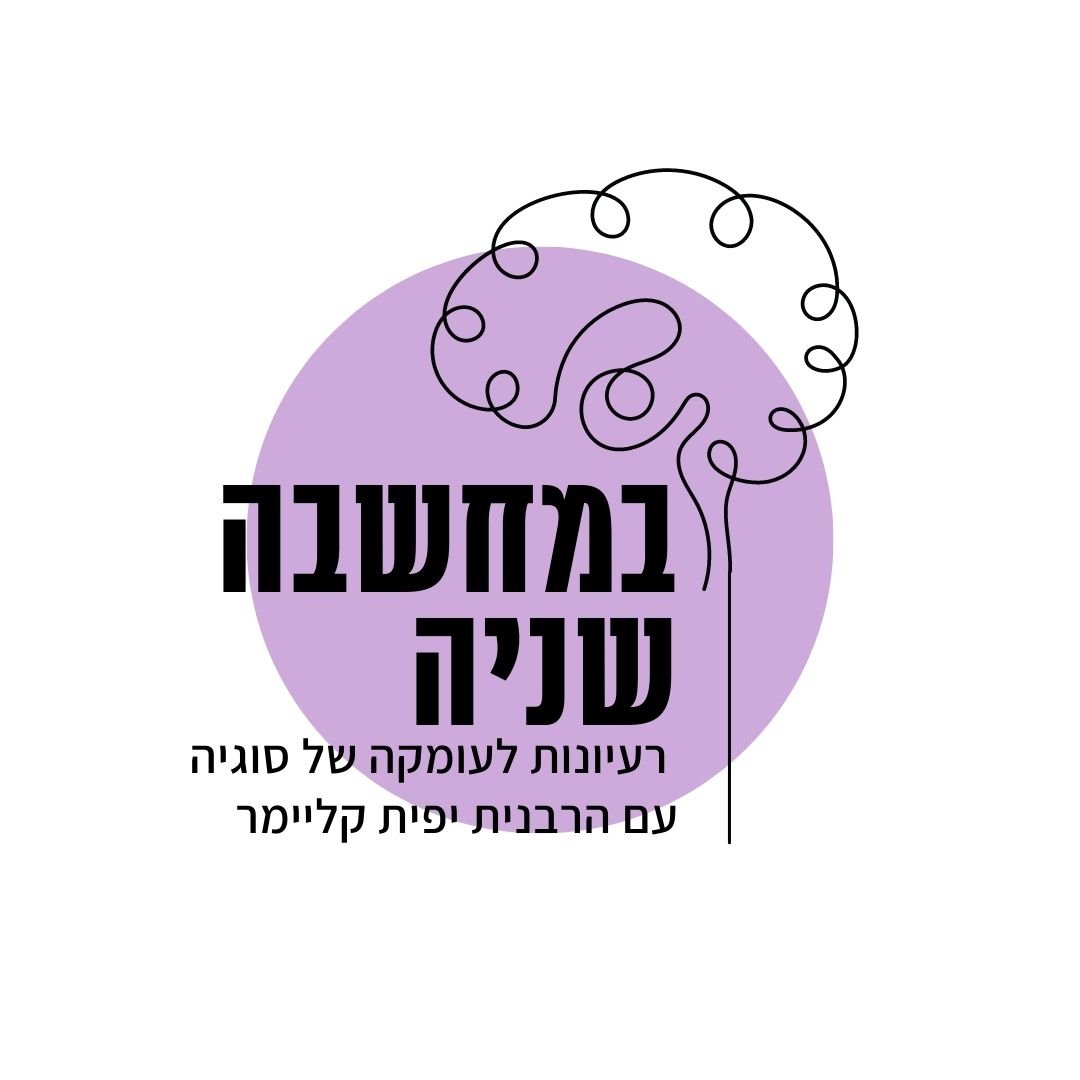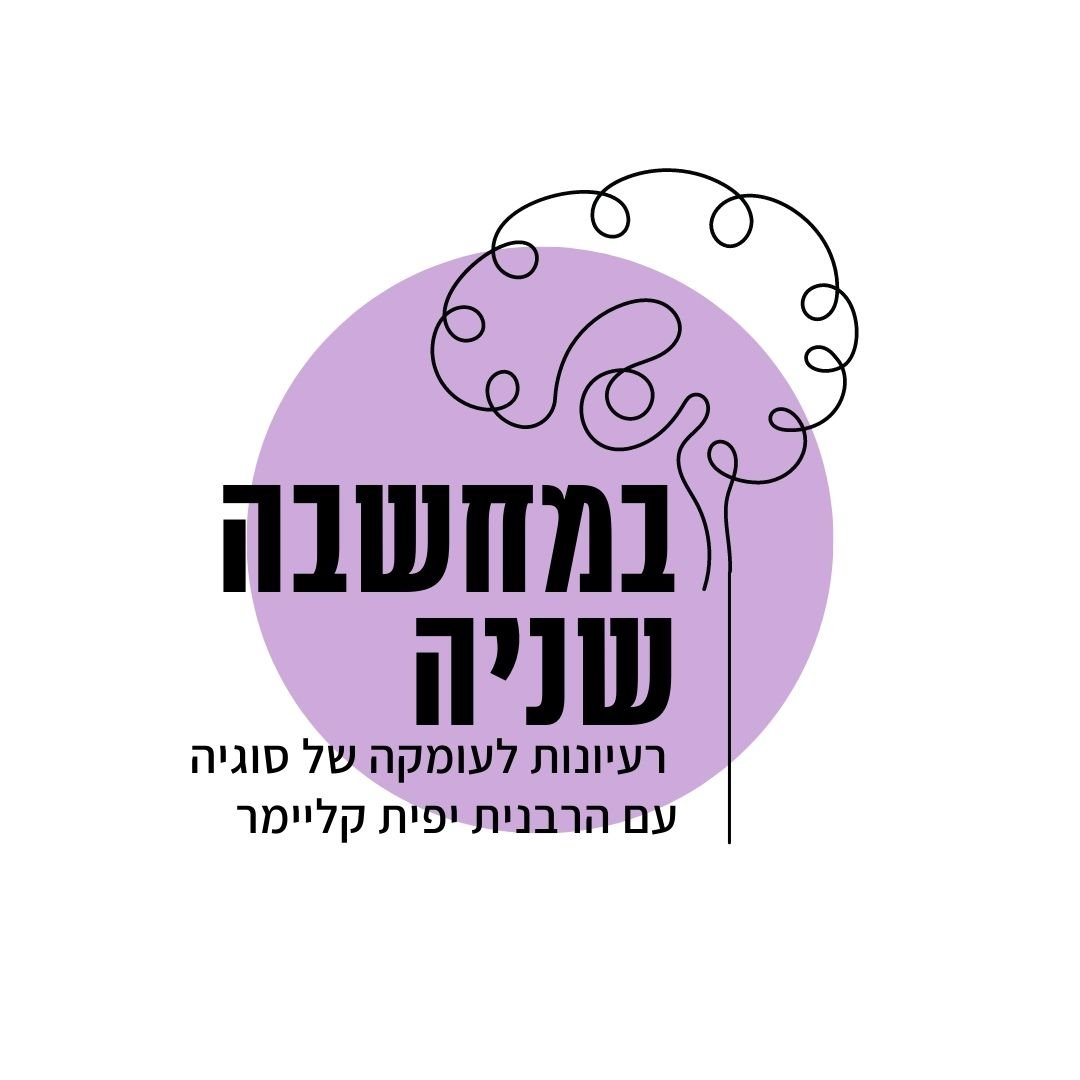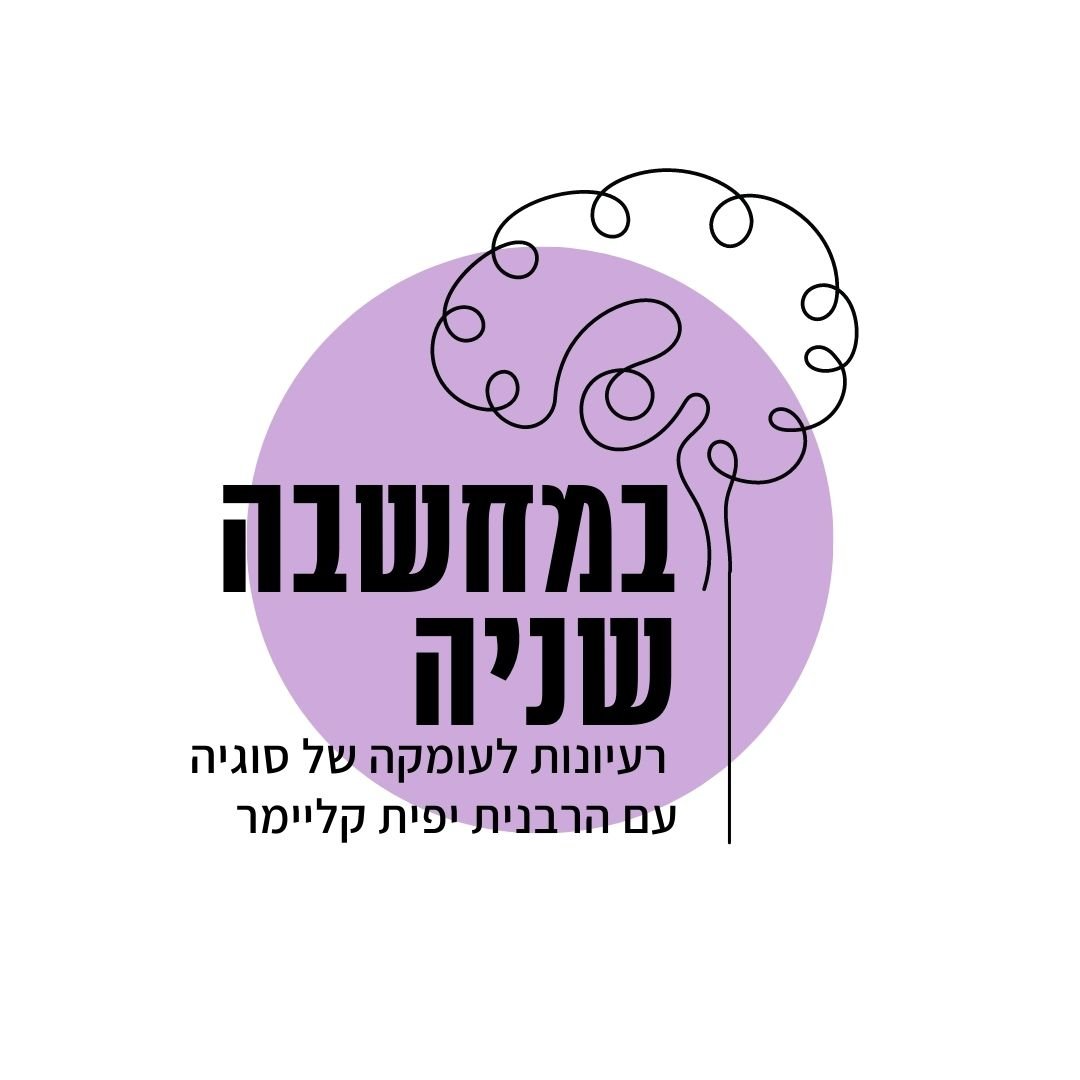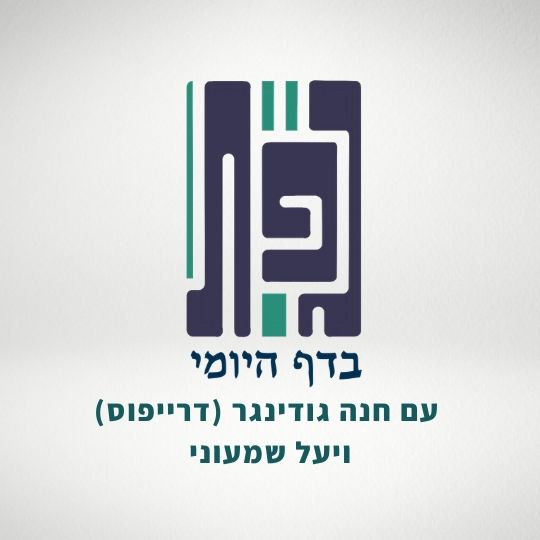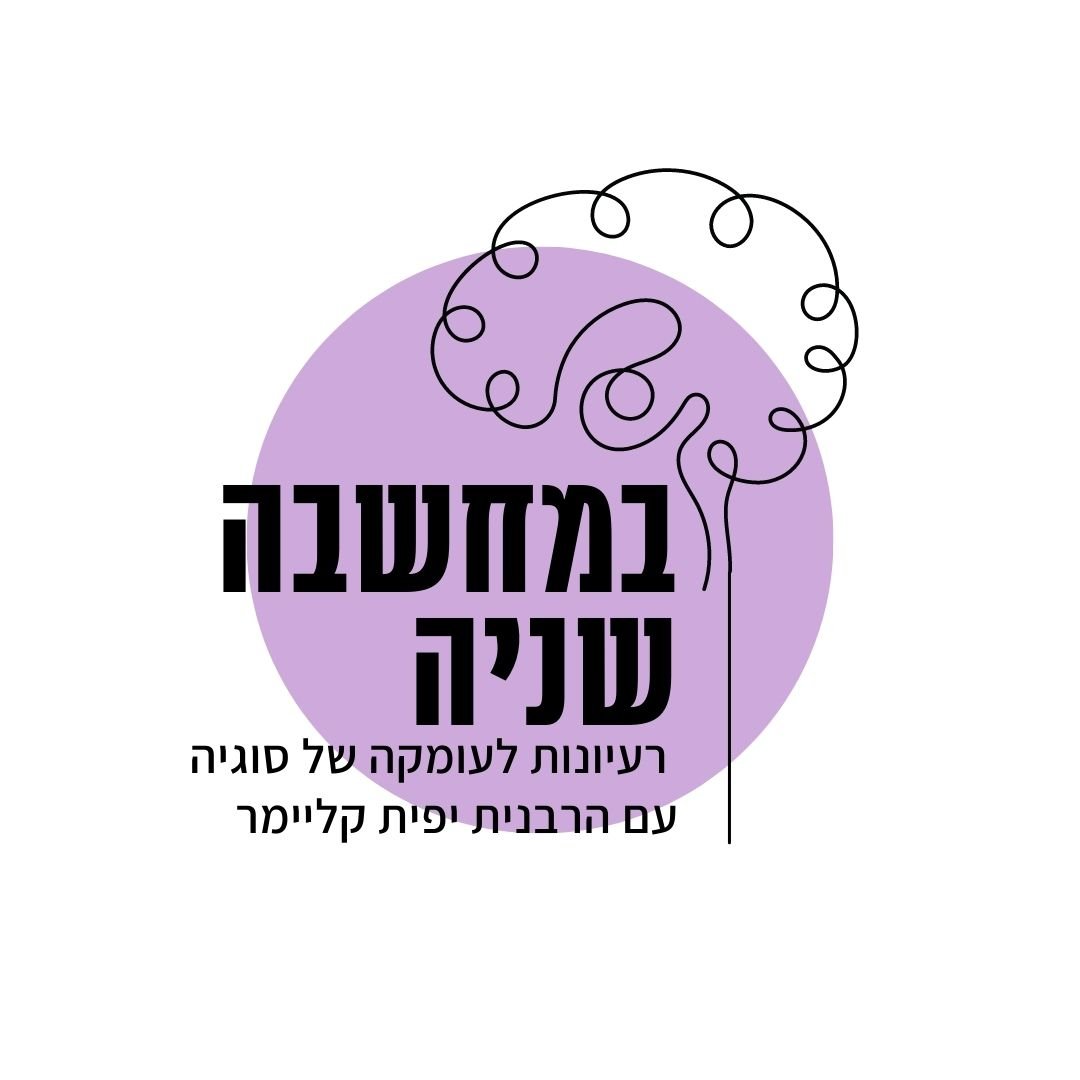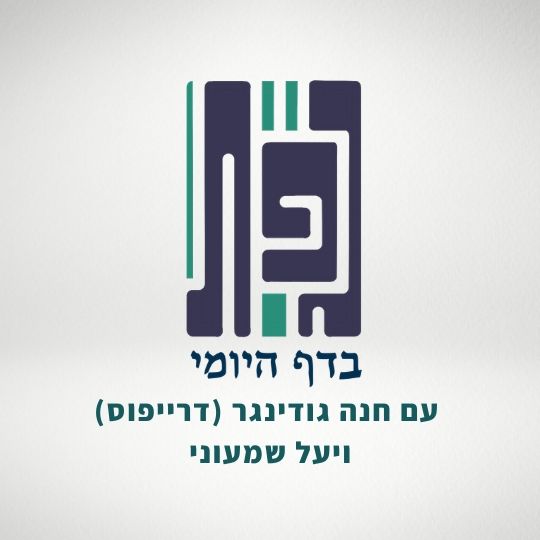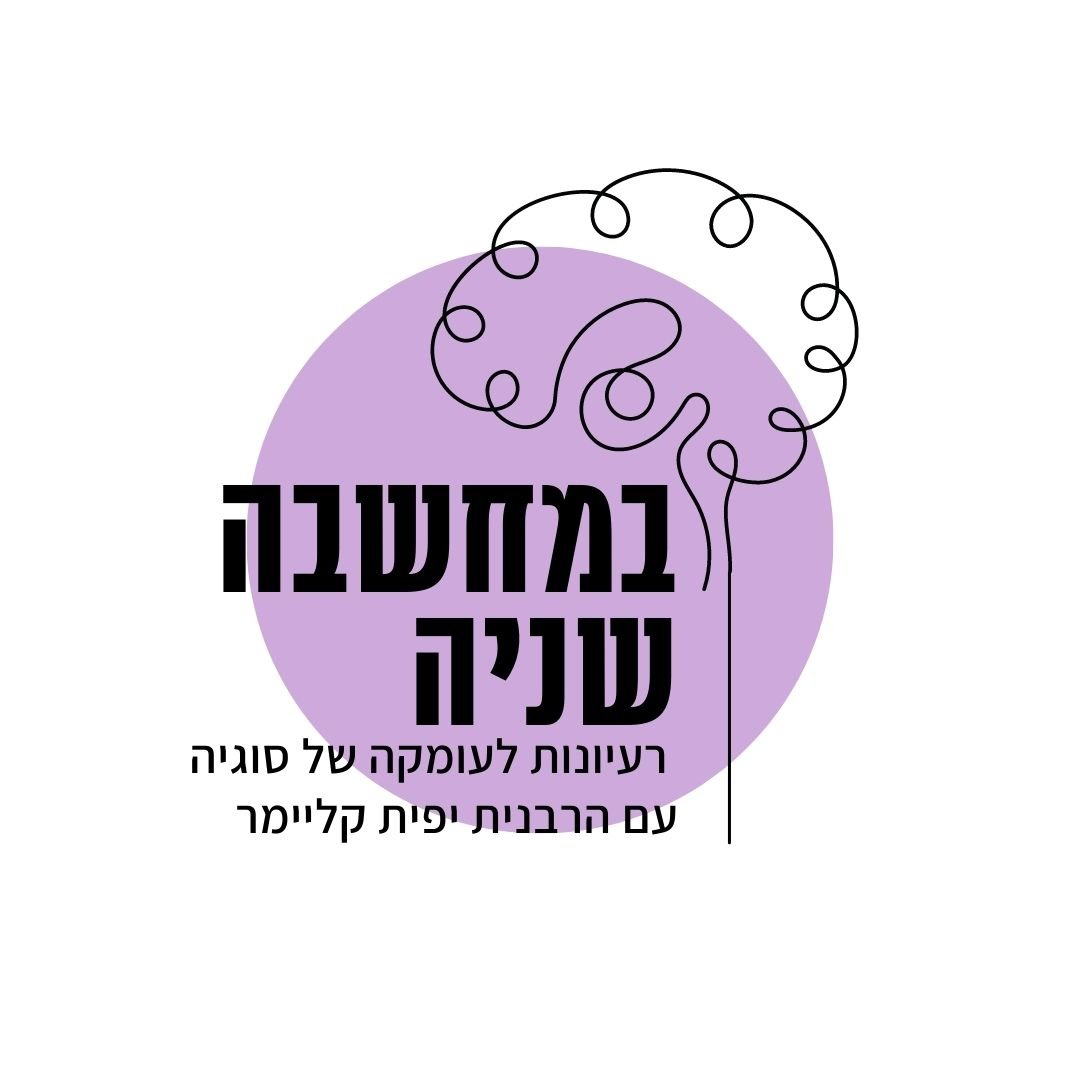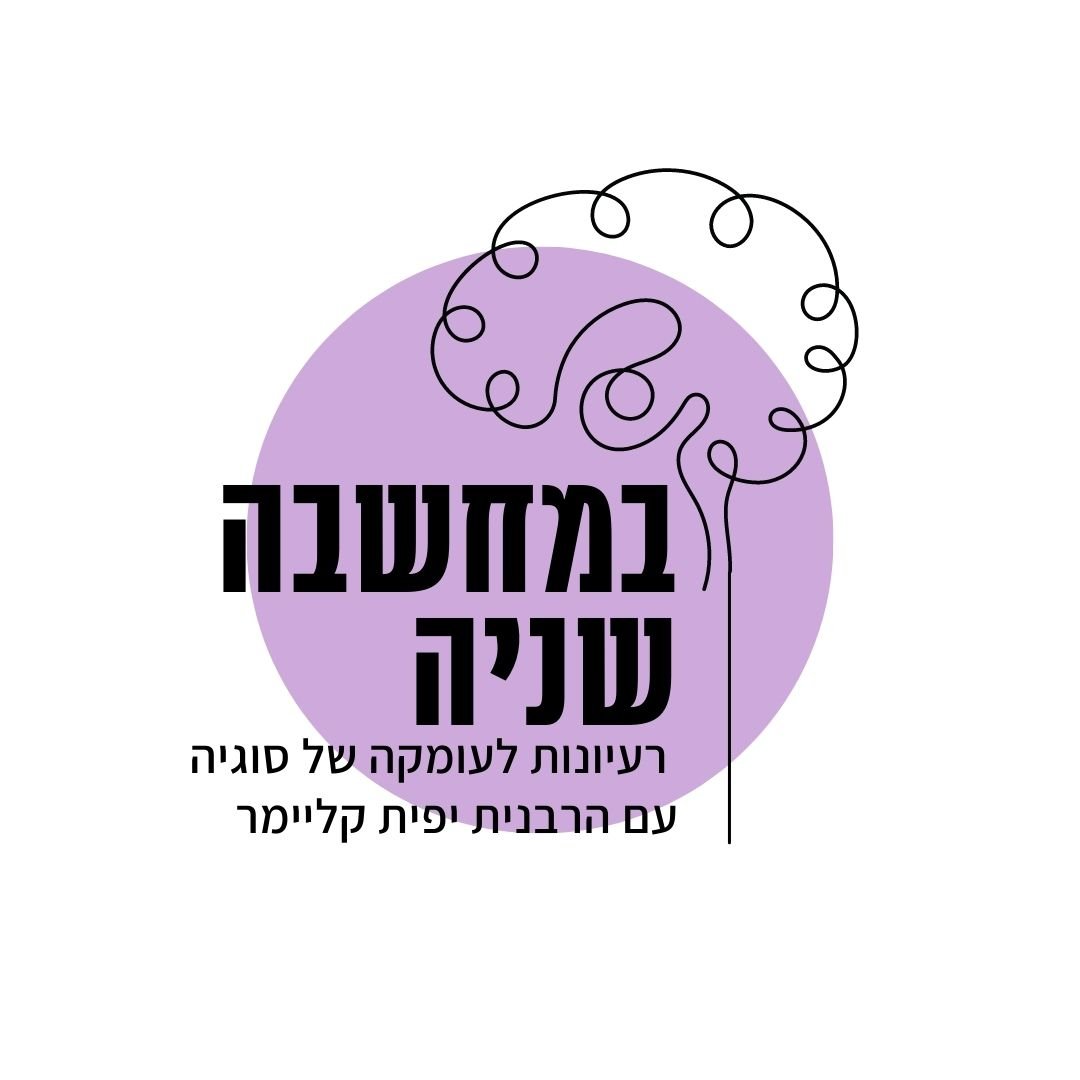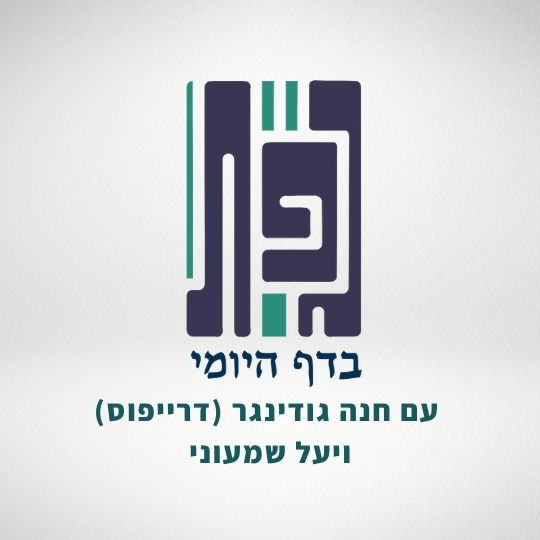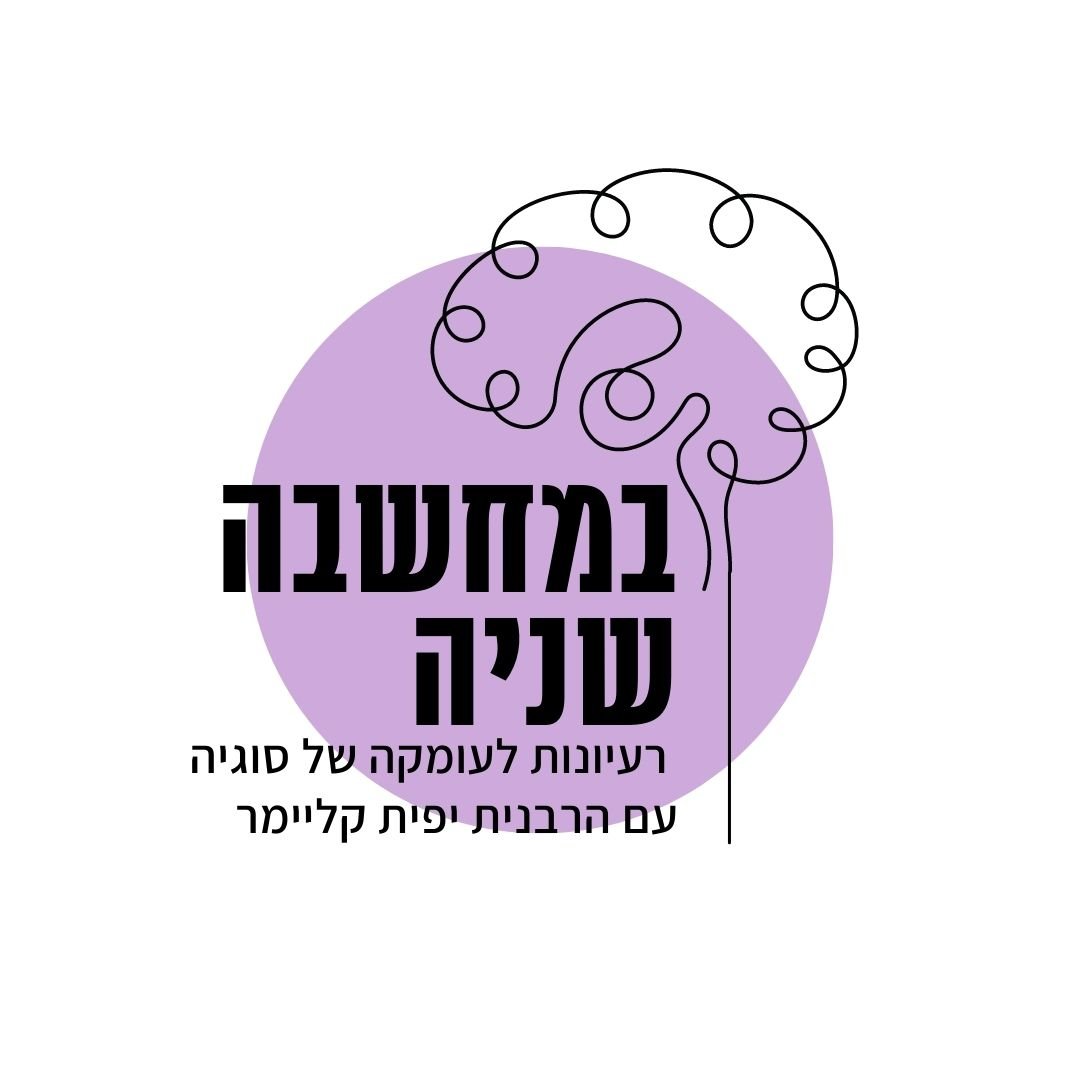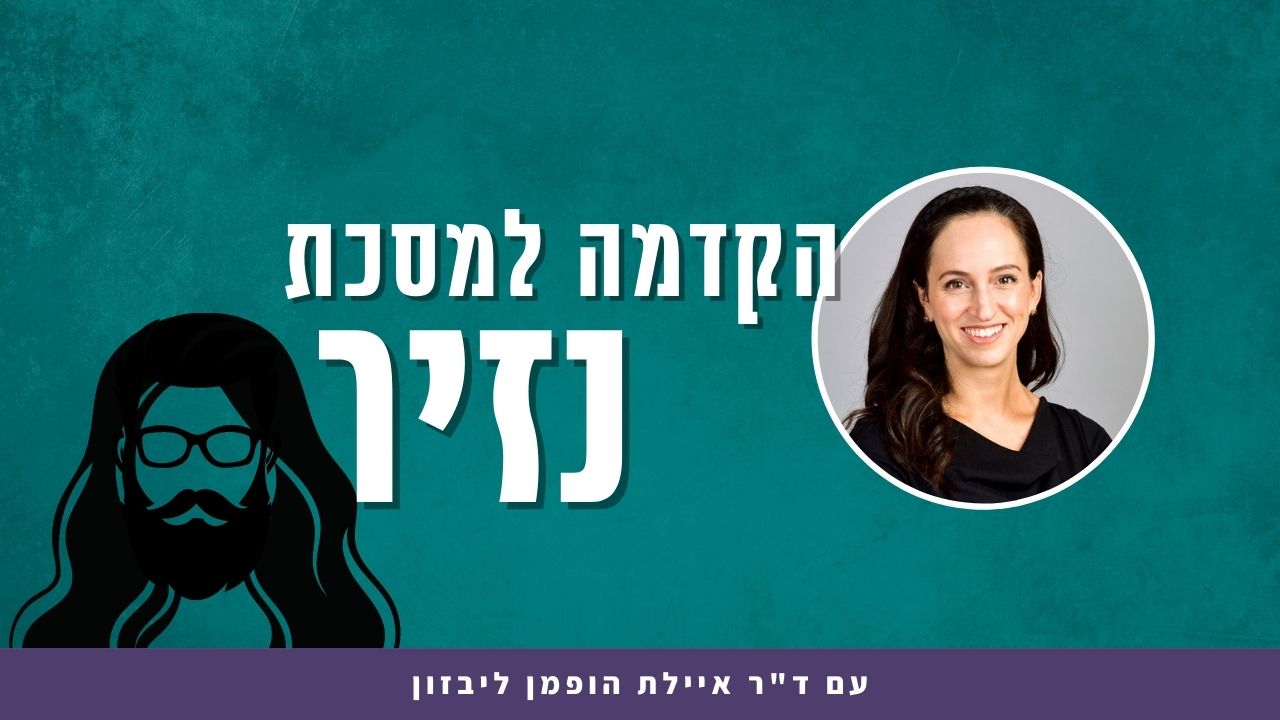נזיר מו
רַבִּי שִׁמְעוֹן אוֹמֵר: כֵּיוָן שֶׁנִּזְרַק עָלָיו אֶחָד מִן הַדָּמִים — הוּתַּר הַנָּזִיר לִשְׁתּוֹת בְּיַיִן וּלְהִיטַּמֵּא לְמֵתִים.
Rabbi Shimon says: Once the blood of one of the offerings has been sprinkled on the nazirite’s behalf, the nazirite is permitted to drink wine and to contract ritual impurity imparted by a corpse. The rest of the ritual is not indispensable for his purification.
גְּמָ׳ תָּנוּ רַבָּנַן: ״וְאַחַר יִשְׁתֶּה הַנָּזִיר יַיִן״ — אַחַר הַמַּעֲשִׂים כּוּלָּן, דִּבְרֵי רַבִּי אֱלִיעֶזֶר. וַחֲכָמִים אוֹמְרִים: אַחַר מַעֲשֶׂה יְחִידִי.
GEMARA: The Sages taught: It states at the end of the passage dealing with naziriteship: “And after that the nazirite may drink wine” (Numbers 6:20), which means after all the actions, i.e., after he has sacrificed all the offerings and shaved, thereby completing the entire ritual of a nazirite. This is the statement of Rabbi Eliezer. And the Rabbis say: After a single action. He may drink wine after sacrificing one offering, even if he has yet to shave, as shaving is not indispensable for being permitted to drink wine.
מַאי טַעְמַיְיהוּ דְּרַבָּנַן? כְּתִיב הָכָא ״וְאַחַר יִשְׁתֶּה הַנָּזִיר יָיִן״, וּכְתִיב הָתָם ״אַחַר הִתְגַּלְּחוֹ אֶת נִזְרוֹ״. מָה הָתָם ״אַחַר״ — מַעֲשֶׂה יְחִידִי, אַף כָּאן ״אַחַר״ — מַעֲשֶׂה יְחִידִי.
The Gemara clarifies: What is the reason of the Rabbis? It is written here: “And after that the nazirite may drink wine,” and it is written there, in the previous verse: “And the priest shall take the cooked foreleg…and place it on the palms of the nazirite after he has shaven his naziriteship” (Numbers 6:19). It is derived by verbal analogy: Just as there the term “after” means after a single action, i.e., shaving, here too, the term “after” means after a single action, sacrificing one offering.
אֵימָא עַד דְּאִיכָּא תַּרְוַויְיהוּ! אִי הָכִי, גְּזֵירָה שָׁוָה לְמָה לִי?
The Gemara asks: Perhaps one can say that a nazirite is not permitted to drink wine until there are both actions, i.e., sacrificing an offering and shaving, as implied by a straightforward reading of the verse. The Gemara answers: If so, why do I need this verbal analogy? It must be teaching that a nazirite can drink wine after the performance of a single action.
אָמַר רַב: תְּנוּפָה בְּנָזִיר מְעַכֶּבֶת. אַלִּיבָּא דְמַאן? אִילֵימָא אַלִּיבָּא דְרַבָּנַן — תִּגְלַחַת אָמְרִי רַבָּנַן לָא מְעַכְּבָא, תְּנוּפָה מִיבַּעְיָא?
§ Rav said: The priest’s lack of waving of the offering of a nazirite precludes the release of the prohibitions of his naziriteship. The Gemara asks: According to whose opinion did Rav state this halakha? If we say that he spoke in accordance with the opinion of the Rabbis, this is difficult, as the Rabbis say that even lack of shaving does not preclude the completion of his naziriteship. Is it necessary, then, to state that waving, which is not indispensable in the case of other offerings, is not essential for the ritual of a nazirite?
אֶלָּא אַלִּיבָּא דְּרַבִּי אֱלִיעֶזֶר — פְּשִׁיטָא, הָאָמַר רַבִּי אֱלִיעֶזֶר: אַחַר מַעֲשִׂים כּוּלָּם! מַהוּ דְּתֵימָא: כֵּיוָן דִּלְעִנְיַן כַּפָּרָה שְׁיָרֵי מִצְוָה הִיא, הָכָא נָמֵי לָא תְּעַכֵּב, קָא מַשְׁמַע לַן.
Rather, will you say that it is in accordance with the opinion of Rabbi Eliezer, who permits a nazirite to drink wine only after he has completed the entire ritual? This is obvious; didn’t Rabbi Eliezer say that he is permitted to drink wine only after all the actions are completed? The Gemara answers that the statement is necessary, lest you say: Since with regard to the atonement effected by all other offerings, waving is considered a peripheral aspect of the mitzva, i.e., one achieves atonement even if he did not perform the ritual of waving, here too its lack does not preclude the release of a nazirite’s prohibitions. Rav therefore teaches us that according to the opinion of Rabbi Eliezer waving is essential in the case of a nazirite.
וּמֵי מְעַכְּבָא? וְהָתַנְיָא: ״זֹאת תּוֹרַת הַנָּזִיר״, בֵּין שֶׁיֵּשׁ לוֹ כַּפַּיִם, בֵּין שֶׁאֵין לוֹ כַּפַּיִם!
The Gemara raises a difficulty against Rabbi Eliezer’s opinion: And does a lack of waving preclude the performance of the purification ritual of a nazirite? But isn’t it taught in a baraita (Tosefta 1:5): The inclusive phrase: “This is the law of the nazirite,” (Numbers 6:21) teaches that all nazirites are bound by the same halakha, whether he has palms, or whether he does not have palms. Since one who is lacking palms certainly cannot wave, this indicates that waving is not essential.
וְאֶלָּא הָא דְּתַנְיָא: ״זֹאת תּוֹרַת הַנָּזִיר״, בֵּין שֶׁיֵּשׁ לוֹ שֵׂעָר, בֵּין שֶׁאֵין לוֹ שֵׂעָר — הָכִי נָמֵי דְּלָא מְעַכְּבָא? וְהָתַנְיָא: נָזִיר מְמוֹרָט, בֵּית שַׁמַּאי אוֹמְרִים: אֵינוֹ צָרִיךְ לְהַעֲבִיר תַּעַר עַל רֹאשׁוֹ, וּבֵית הִלֵּל אוֹמְרִים: צָרִיךְ לְהַעֲבִיר תַּעַר עַל רֹאשׁוֹ.
The Gemara refutes this proof: But what about that which is taught in a similar baraita (Tosefta 1:5): “This is the law of the nazirite” whether he has hair or whether he does not have hair; so too, will you explain that lack of shaving does not preclude the ritual in the case of one who has no hair? But isn’t it taught in a baraita (Tosefta 1:6): With regard to an entirely bald nazirite, who cannot shave his hair with a razor as required, Beit Shammai say: He need not pass a razor over his head, and Beit Hillel say: He must pass a razor over his head.
וְאָמַר רָבִינָא: מַאי ״אֵינוֹ צָרִיךְ״ לְבֵית שַׁמַּאי: אֵינוֹ צָרִיךְ — אֵין לוֹ תַּקָּנָה. הָא לְבֵית הִלֵּל יֵשׁ לוֹ תַּקָּנָה!
And Ravina said: What is the meaning of the term: Need not, stated by Beit Shammai? It means that he need not shave, and he has no remedy, and he has no way to complete his naziriteship. This indicates that according to Beit Hillel he does have a remedy, i.e., he can pass a razor over his head and thereby fulfill the mitzva, despite the fact that he does not have any hair. Similarly, one can say that Rabbi Eliezer holds that waving is indispensable, and when the baraita states: Whether he has palms or whether he does not have palms, could mean that waving is indispensable.
וְהַיְינוּ דְּרַבִּי פְּדָת. דְּאָמַר רַבִּי פְּדָת: בֵּית שַׁמַּאי וְרַבִּי אֱלִיעֶזֶר אָמְרוּ דָּבָר אֶחָד.
The Gemara adds: And this interpretation, that Beit Shammai and Rabbi Eliezer maintain one who is unable to perform the action mandated by the Torah has no remedy and cannot complete his naziriteship, is in accordance with a statement of Rabbi Pedat. As Rabbi Pedat said: Beit Shammai and Rabbi Eliezer said the same thing, i.e., they follow the same principle.
מַאי רַבִּי אֱלִיעֶזֶר, דְּתַנְיָא: אֵין לוֹ בֹּהֶן יָד וָרֶגֶל — אֵין לוֹ טׇהֳרָה עוֹלָמִית, דִּבְרֵי רַבִּי אֱלִיעֶזֶר. רַבִּי שִׁמְעוֹן אוֹמֵר: יַנִּיחֶנּוּ עַל מְקוֹמוֹ וְיֵצֵא. וַחֲכָמִים אוֹמְרִים: יַנִּיחַ עַל שֶׁל שְׂמֹאל וְיֵצֵא.
To what statement of Rabbi Eliezer is Rabbi Pedat referring? As it is taught in a baraita: A leper who does not have a thumb or big toe, upon both of which he must place the blood and oil of his purification ritual (Leviticus 14:14) can never attain ritual purity. This is the statement of Rabbi Eliezer. Rabbi Shimon says: The priest puts it on the spot of the missing thumb, and the leper thereby fulfills his obligation. The Rabbis say: Let him put it on the left thumb and thereby fulfill his obligation. According to Rabbi Pedat, Rabbi Eliezer and Beit Shammai both maintain that if the ritual cannot be performed in the precise manner delineated, one cannot fulfill his obligation and has no remedy. This is one version of the discussion.
לִישָּׁנָא אַחֲרִינָא אָמְרִי לַהּ, אָמַר רַב: תְּנוּפָה בְּנָזִיר מְעַכֶּבֶת. אַלִּיבָּא דְּמַאן? אִילֵימָא אַלִּיבָּא דְּרַבִּי אֱלִיעֶזֶר — פְּשִׁיטָא, הָאָמַר רַבִּי אֱלִיעֶזֶר אַחַר מַעֲשִׂים כּוּלָּם! אֶלָּא אַלִּיבָּא דְרַבָּנַן: הַשְׁתָּא יֵשׁ לוֹמַר תִּגְלַחַת אָמְרִי רַבָּנַן לָא מְעַכְּבָא, תְּנוּפָה מִיבַּעְיָא?
The Gemara cites another version of this discussion. Some say that Rav said: The priest’s lack of waving of the offering of a nazirite precludes the release of the prohibitions of his naziriteship. The Gemara asks: According to whose opinion did he state this halakha? If we say that he spoke in accordance with the opinion of Rabbi Eliezer, this is obvious; didn’t Rabbi Eliezer say that he is permitted to drink wine only after all his actions, including waving? Rather, you will say that Rav spoke in accordance with the opinion of the Rabbis. However, this too is puzzling: Now that one can say that with regard to shaving, a central part of the naziriteship ritual, the Rabbis say that its omission does not preclude the fulfillment of his ritual, is it necessary to state that waving is not essential?
וּמִי לָא מְעַכְּבָא? וְהָתַנְיָא: ״זֹאת תּוֹרַת הַנָּזִיר״ — בֵּין שֶׁיֵּשׁ לוֹ כַּפַּיִם וּבֵין שֶׁאֵין לוֹ כַּפַּיִם! וְאֶלָּא הָא דְּתַנְיָא: ״זֹאת תּוֹרַת הַנָּזִיר״ — בֵּין שֶׁיֵּשׁ לוֹ שֵׂעָר וּבֵין שֶׁאֵין לוֹ שֵׂעָר, הָכִי נָמֵי דִּמְעַכְּבָא?
The Gemara asks: And doesn’t the lack of waving preclude a nazirite’s ritual? But isn’t it taught in a baraita (Tosefta 1:5): The inclusive phrase: “This is the law of the nazirite,” teaches that whether he has palms or whether he does not have palms waving is always required, and a nazirite is not exempted by a lack of palms. The Gemara questions this interpretation of the baraita. But what about that which is taught in the same baraita (Tosefta 1:5): “This is the law of the nazirite,” whether he has hair or whether he does not have hair; so too, will you say that the lack of shaving precludes his ritual?
וְהָתַנְיָא: נָזִיר מְמוֹרָט, בֵּית שַׁמַּאי אוֹמְרִים: אֵינוֹ צָרִיךְ לְהַעֲבִיר תַּעַר עַל רֹאשׁוֹ, וּבֵית הִלֵּל אוֹמְרִים: צָרִיךְ! אָמַר רַבִּי אֲבִינָא: מַאי ״צָרִיךְ״ לְבֵית הִלֵּל — צָרִיךְ, וְאֵין לוֹ תַּקָּנָה,
But isn’t it taught in a baraita (Tosefta 1:6): With regard to an entirely bald nazirite, Beit Shammai say: He need not pass a razor over his head, and Beit Hillel say: He must pass a razor over his head. This baraita indicates that even according to the opinion of Beit Hillel a nazirite does not have to actually shave. Rabbi Avina said: What is the meaning of: He must, as stated by Beit Hillel? It means that he must shave, and if he fails to do so he has no remedy, and can never drink wine.
לְבֵית שַׁמַּאי יֵשׁ לוֹ תַּקָּנָה. וּפְלִיגָא דְּרַבִּי פְּדָת.
Conversely, according to the opinion of Beit Shammai he has a remedy, as he does not have to use a razor at all. And this interpretation disagrees with the opinion of Rabbi Pedat. Rabbi Pedat claims that both Beit Shammai and Rabbi Eliezer maintain that if the ritual cannot be performed in the precise manner delineated, one cannot fulfill his obligation and has no remedy. By contrast, Rabbi Avina contends that Beit Shammai exempt the nazirite from this obligation, while Beit Hillel say that he has no remedy.
מַתְנִי׳ גִּילַּח עַל הַזֶּבַח, וְנִמְצָא פָּסוּל — תִּגְלַחְתּוֹ פְּסוּלָה, וּזְבָחָיו לֹא עָלוּ לוֹ. גִּילַּח עַל הַחַטָּאת שֶׁלֹּא לִשְׁמָהּ, וְאַחַר כָּךְ הֵבִיא קׇרְבְּנוֹתָיו לִשְׁמָן, תִּגְלַחְתּוֹ פְּסוּלָה, וּזְבָחָיו לֹא עָלוּ לוֹ. גִּילַּח עַל הָעוֹלָה אוֹ עַל הַשְּׁלָמִים שֶׁלֹּא לִשְׁמָן, וְאַחַר כָּךְ הֵבִיא קׇרְבְּנוֹתָיו לִשְׁמָן — תִּגְלַחְתּוֹ פְּסוּלָה, וּזְבָחָיו לֹא עָלוּ לוֹ.
MISHNA: As taught earlier (45a) the nazirite shaves after having brought one, or all, of his offerings. This mishna discusses what the halakha is if the offering was found to be invalid after the nazirite had shaved. If a nazirite shaved based upon the requisite offering, and afterward the offering was found to be invalid for any reason, his shaving is invalid and his offerings do not count toward the fulfillment of his obligation. If he shaved based upon the sin-offering, that was found to have been sacrificed not for its own sake, which invalidates the offering, and afterward he brought his other offerings for their own sake, his shaving is invalid and his other offerings do not count toward the fulfillment of his obligation. If he shaved based upon the requisite burnt-offering or having brought the requisite peace-offering, and these were offered not for their own sake, and afterward he brought his remaining offerings for their own sake, his shaving is invalid and his offerings do not count toward the fulfillment of his obligation.
רַבִּי שִׁמְעוֹן אוֹמֵר: אוֹתוֹ הַזֶּבַח לֹא עָלָה לוֹ, אֲבָל שְׁאָר זְבָחִים עָלוּ. וְאִם גִּילַּח עַל שְׁלָשְׁתָּן, וְנִמְצָא אֶחָד מֵהֶן כָּשֵׁר — תִּגְלַחְתּוֹ כְּשֵׁרָה, וְיָבִיא שְׁאָר זְבָחִים.
Rabbi Shimon says: In the case of one who shaved based upon a burnt-offering or a peace-offering that was sacrificed not for its own sake, that offering, which was performed incorrectly, does not count toward the fulfillment of his obligation; however, his other offerings do count. And everyone agrees that if he shaved based upon all three of them, i.e., he brought all three offerings, without specifying which offering he is basing his shaving upon, and even one of them was found valid, his shaving is valid, but he must bring the other offerings in order to fulfill his obligation.
גְּמָ׳ אָמַר רַב אַדָּא בַּר אַהֲבָה: זֹאת אוֹמֶרֶת, קָסָבַר רַבִּי שִׁמְעוֹן: נָזִיר שֶׁגִּילַּח עַל שַׁלְמֵי נְדָבָה יָצָא. מַאי טַעְמָא? דְּאָמַר קְרָא: ״וְנָתַן עַל הָאֵשׁ אֲשֶׁר תַּחַת זֶבַח הַשְּׁלָמִים״, וְלֹא כָּתַב ״עַל שְׁלָמָיו״.
GEMARA: Rav Adda bar Ahava said: That is to say that Rabbi Shimon maintains that a nazirite who shaved based upon voluntary peace-offerings has fulfilled his obligation. A peace-offering that was sacrificed not for its own sake does not count toward the fulfillment of one’s obligation but is considered a voluntary gift-offering. It is clear from the mishna that Rabbi Shimon maintains that shaving based upon any valid offering, even a peace-offering of this type, is effective. What is the reason for this? It is as the verse states: “And put it on the fire which is under the sacrifice of the peace-offering” (Numbers 6:18), and it is not written: On his peace-offering. This indicates that he fulfills his obligation with any type of peace-offering.

